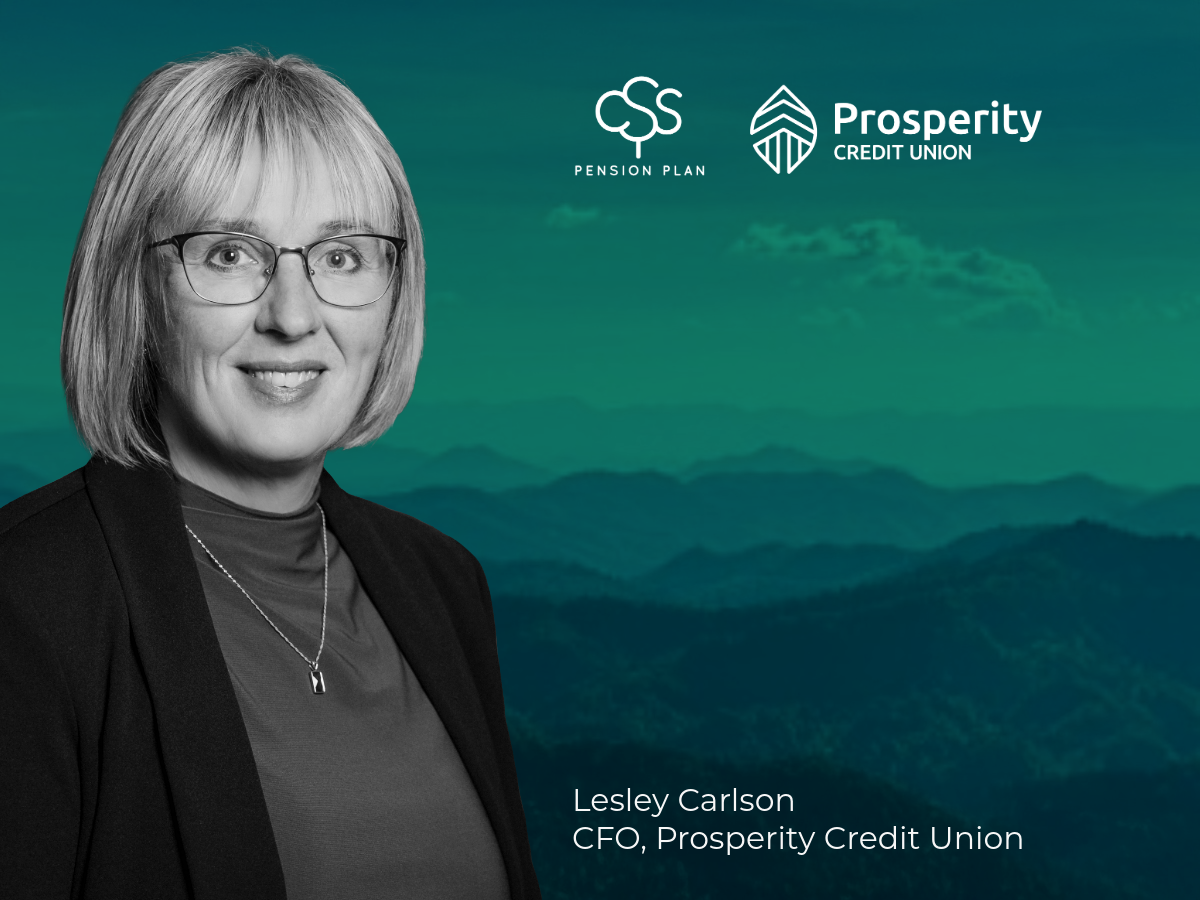

In our new five-part article series, we will explore the common human behaviours that can significantly undermine our ability to build wealth.
Why is this relevant to you as a CSS member? Because the CSS Pension Plan is a defined contribution (DC) pension plan – and a key characteristic of a DC plan is the investment decisions are yours to make. When choosing how to invest your funds with the Plan, it is important to be aware of how your thinking can have a profound – and sometimes negative – impact on your financial future over the long term.
Part 1: Overconfidence
How human behaviour can undermine our retirement goals
Despite a very simple rule to successful investing (buy low and sell high), the average investor has historically been unable to keep up with long-term returns from broad markets. DALBAR, Inc., a company that researches investor behaviour, found that the average investor (i.e. an investor who attempts to be fully invested when markets are rising and safely out of the markets just before a drop) earns well below market returns.
Why is this? The answer is because we are human. And as humans we have emotions and behaviours that often undermine our ability to build wealth over the long term. Behavioural finance is the study of the influence of psychology on the behaviour of investors. It focuses on the fact investors can be irrational, lack self-control, and be unduly influenced by their own biases. Some common examples of behavioural biases that can negatively impact investors' ability to build wealth are:
-
Overconfidence
-
Fear of missing out
-
Loss aversion
-
Herding
-
Recency
In this first article of our series, we'll focus on overconfidence. We'll discuss the other four behavioural biases in future parts of this series.
In this article, we'll discuss the first common behavioural bias: Overconfidence.
As humans we have emotions and behaviours that often undermine our ability to build wealth over the long term.

Overconfidence bias
Overconfidence bias is the common belief that you are above average. This bias is not just limited to investing but is evident in people's perception of any number of their skills and knowledge. For example, one study revealed that 73% of U.S. drivers rated themselves in the top 50% of drivers based on skill.
In investing, overconfidence can lead to a number of bad outcomes such as attempting to time the market or taking on more risk than you are able to. Market timing is the strategy of moving your funds out of the markets when markets start to decline and moving them back into the markets when markets begin to improve. Market timing, research would suggest, is extremely difficult - even for the most resourced and experienced professional investor.
As a typical DC retirement saver, the odds are stacked against us to identify when to sell and when to buy. Although it is tempting to exit the equity markets to avoid a downturn, it is extremely hard to time it right. Similarly once we have sold, it is equally difficult to determine when to get back into the market. Emotion often leads us to wait too long before getting back in. Unfortunately we see real-life examples of this behaviour and the negative consequences at our Plan all too often. As non-professional investors we should focus on time in the market and the power of compounding as opposed to attempting to time the market.

The overconfidence bias can also lead us to take on more risk than is reasonable for our situation (for example, if we're close to retirement and decide to invest 100% of our pension funds in the CSS Equity Fund).
Once again there is plenty of research to evidence that professional institutional investors, with more timely market information and tools than a DC investor could ever hope to have, have difficulty beating the market. Morningstar's Active/Passive Barometer found only 23% of funds beat their passively managed peers over the most recent 10-year period.
What can we do to help overcome this bias?
- Seek out other opinions – Discuss your views and strategy with other investment professionals like our Retirement and Pension Advisors.
- Step back and evaluate all the possible outcomes – This exercise can highlight alternative outcomes and help you assess the risks of your strategy in conjunction with the potential rewards.
Article from the Fall/Winter 2021 issue of TimeWise.








.png)








































